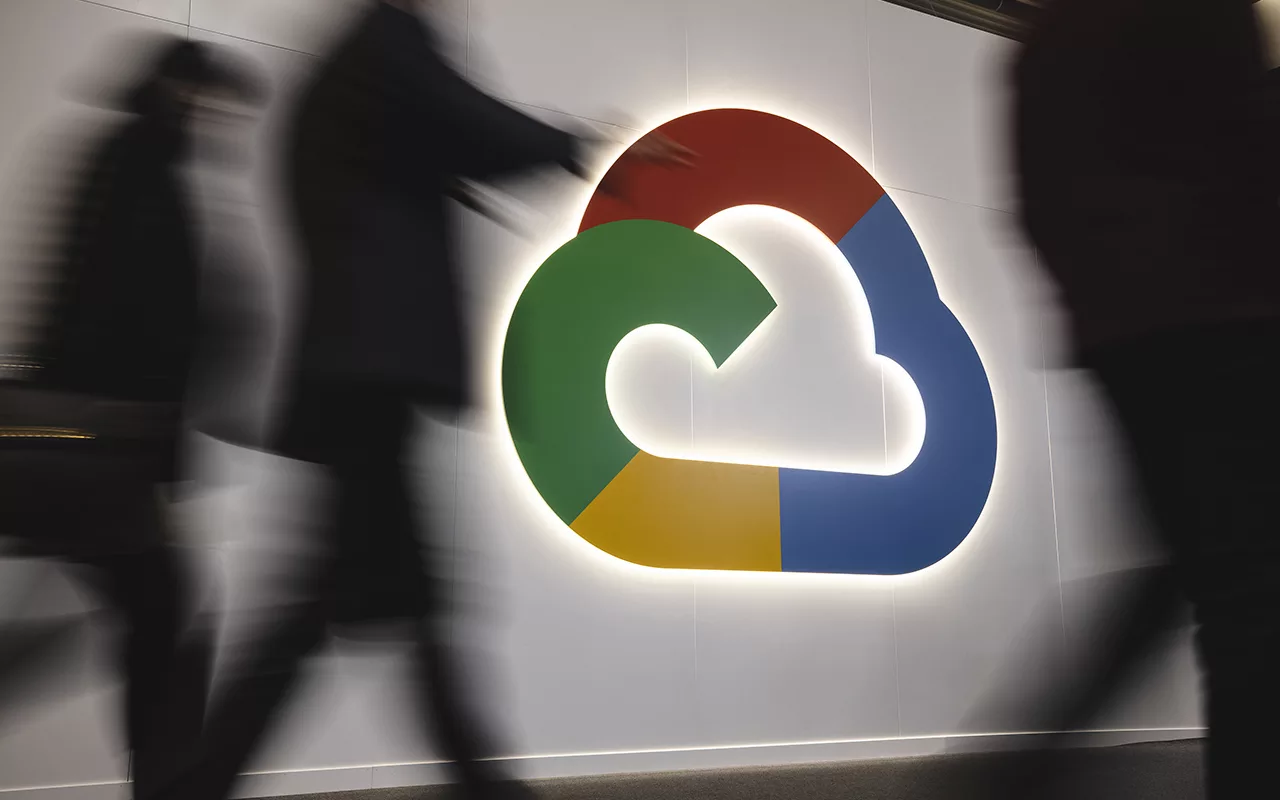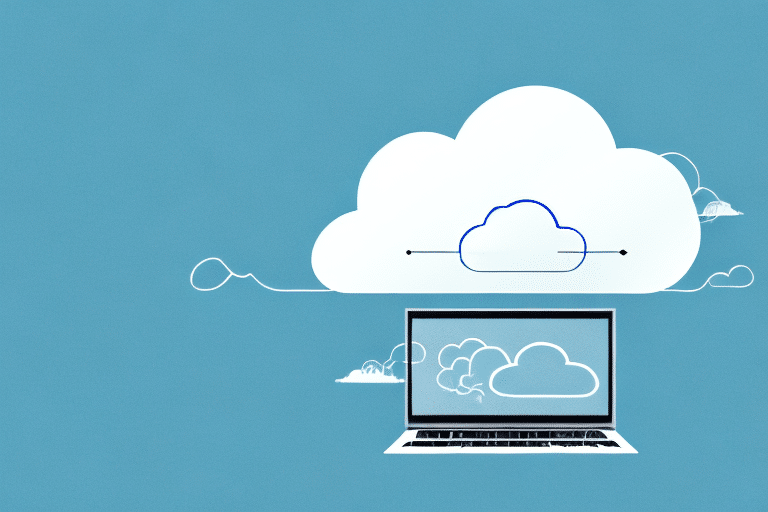Google Cloud Platform (GCP) has revolutionized the way businesses and developers approach cloud computing. With its comprehensive suite of services and powerful infrastructure, GCP offers a range of tools for building, deploying, and managing applications and services. In this article, we will explore the key components of Google Cloud Platform and understand the benefits it brings to businesses and developers.
What is Google Cloud Platform?
Google Cloud Platform (GCP) is a cloud computing service offered by Google, providing a robust and scalable infrastructure for businesses and developers. It allows users to leverage Google’s vast resources, including its global network of data centers and cutting-edge technologies, to build and run applications in the cloud. GCP offers a diverse range of services, such as compute, storage, databases, machine learning, and analytics, enabling users to meet their specific requirements.
Key Components of Google Cloud Platform
GCP consists of various components and services that cater to different aspects of cloud computing. Let’s explore some of the key components:
- Compute Engine: Compute Engine is Google’s Infrastructure as a Service (IaaS) offering, providing virtual machines in the cloud. It allows users to create and manage virtual machines on Google’s infrastructure, providing flexibility, scalability, and high-performance computing capabilities.
- App Engine: App Engine is Google’s Platform as a Service (PaaS) offering, designed for building and deploying scalable web applications. With automatic scaling, load balancing, and a serverless environment, App Engine simplifies application development and enables seamless scalability.
- Kubernetes Engine: Kubernetes Engine is a managed environment for deploying, managing, and scaling containerized applications. It leverages the power of Kubernetes, an open-source container orchestration platform, to automate the deployment and management of containers at scale.
- Cloud Storage: Cloud Storage is a highly scalable and secure object storage service provided by GCP. It offers durable and cost-effective storage for various types of data, including files, images, videos, and backups. With its global availability and built-in redundancy, Cloud Storage ensures data reliability and accessibility.
- BigQuery: BigQuery is a fully-managed, serverless data warehouse that enables businesses to analyze large datasets quickly and efficiently. It offers a powerful SQL-based interface and can handle massive volumes of data for real-time analytics and business intelligence.
- Cloud Pub/Sub: Cloud Pub/Sub is a messaging service that facilitates the building of scalable and event-driven systems. It provides reliable and asynchronous messaging between independent components of an application, enabling real-time data processing and event-driven architectures.
Benefits of Using Google Cloud Platform
There are several compelling reasons to choose GCP for your cloud computing needs:
- Scalability: GCP offers seamless scalability, allowing applications to grow effortlessly as demand increases. With features like autoscaling and load balancing, GCP can handle sudden traffic spikes and ensure optimal performance.
- Reliability: Google’s infrastructure is known for its reliability, with a robust network backbone and highly redundant systems. GCP provides service level agreements (SLAs) guaranteeing high availability and uptime for critical applications.
- Global Network Coverage: With a global network of data centers, GCP allows users to deploy their applications closer to their target audience. This ensures low-latency connections and enhances the overall user experience.
- Security: Google has a strong focus on security and privacy. GCP offers advanced security features, including encryption at rest and in transit, identity and access management, and advanced threat detection to protect your data and applications.
- Cost-effectiveness: GCP follows a pay-as-you-go model, allowing users to pay only for the resources they consume. This cost-effective approach eliminates the need for upfront infrastructure investments and provides flexibility for businesses of all sizes.
Getting Started with Google Cloud Platform
To get started with Google Cloud Platform, follow these steps:
- Create a GCP Account: Visit the GCP website and sign up for an account. You may be eligible for free credits to explore GCP services.
- Navigate the Console: Once you have an account, familiarize yourself with the GCP Console. This is your centralized hub for managing your projects, accessing services, and monitoring usage.
- Set up a Project: Create a new project within the GCP Console. Projects help organize your resources and allow you to manage permissions and billing.
- Access GCP Services: Explore the wide range of services offered by GCP, such as Compute Engine, App Engine, Kubernetes Engine, Cloud Storage, BigQuery, and Cloud Pub/Sub. Each service has its own set of documentation and guides to help you get started.
Compute Engine: Virtual Machines in the Cloud
Compute Engine provides virtual machines (VMs) on Google’s infrastructure. It offers various machine types to meet different computing needs. With Compute Engine, you can create VM instances, customize their configurations, and scale them as required. This flexibility allows you to run applications, perform batch processing, or handle heavy workloads efficiently.
App Engine: Building Scalable Web Applications
App Engine offers a fully managed platform for developing and deploying web applications. It abstracts away the underlying infrastructure, allowing developers to focus on writing code. App Engine automatically scales the application based on incoming traffic, ensuring optimal performance and resource utilization. It supports popular programming languages like Python, Java, Node.js, and more.
Kubernetes Engine: Container Orchestration
Kubernetes Engine simplifies the management of containerized applications. It automates the deployment, scaling, and management of containers using Kubernetes. With Kubernetes Engine, you can define your application’s infrastructure as code and easily scale it up or down based on demand. It provides features like automatic scaling, rolling updates, and load balancing for high availability.
Cloud Storage: Scalable and Secure Object Storage
Cloud Storage provides durable and highly available object storage for your data. It offers different storage classes, allowing you to choose the right balance of cost, availability, and durability. Cloud Storage is designed for storing and retrieving any amount of data securely and seamlessly integrates with other GCP services.
BigQuery: Data Analytics at Scale
BigQuery is a serverless, highly scalable data analytics platform. It allows you to run fast and efficient SQL queries on large datasets. With BigQuery, you can gain insights from your data using a familiar SQL interface without the need for infrastructure management. It supports real-time analysis, integrates with popular data visualization tools, and provides options for data ingestion and export.
Cloud Pub/Sub: Event-driven Messaging Service
Cloud Pub/Sub is a messaging service that enables you to build event-driven architectures and decoupled systems. It provides reliable and asynchronous communication between components of your application. With Cloud Pub/Sub, you can easily scale your application by handling large volumes of messages and ensuring the delivery of events in a timely manner.
Conclusion
Google Cloud Platform (GCP) offers a comprehensive suite of cloud computing services that enable businesses and developers to build, deploy, and manage applications with ease. With its scalable infrastructure, reliable performance, global network coverage, and advanced security features, GCP empowers users to leverage the full potential of the cloud. By exploring services like Compute Engine, App Engine, Kubernetes Engine, Cloud Storage, BigQuery, and Cloud Pub/Sub, businesses can take advantage of GCP’s flexibility, cost-effectiveness, and powerful data analytics capabilities. Whether you’re starting a new project or migrating existing workloads, GCP provides the tools and resources to drive innovation and success in the digital era.





